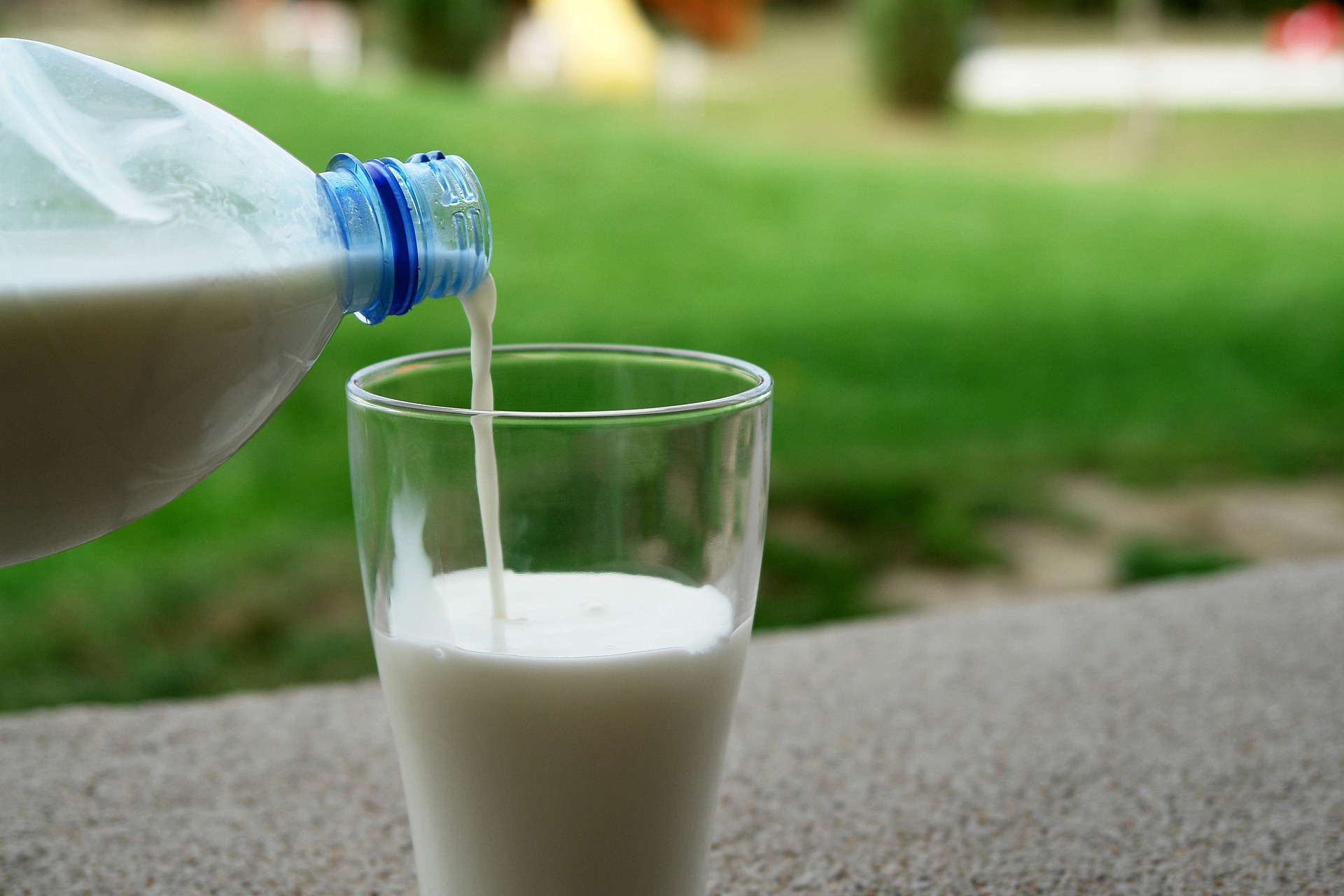Goat's Milk: It's Nutritional Marvels
gaining recognition for its numerous health benefits and nutritional advantages.
2/3/2024

Goat's milk, often overshadowed by its more popular bovine counterpart, has been gaining recognition for its numerous health benefits and nutritional advantages. As an alternative to cow's milk, goat's milk offers a unique composition that can be advantageous for certain individuals. In this article, we will delve into the various benefits of drinking goat's milk and explore any potential detriments.
Nutritional Profile
Goat's milk is renowned for its rich nutritional profile, making it a valuable addition to a balanced diet. While it shares similarities with cow's milk, goat's milk has some key differences that contribute to its health-promoting qualities. Here are some notable components of goat's milk:
Digestibility: Goat's milk is often considered more digestible than cow's milk. It contains smaller fat globules and a higher proportion of medium-chain fatty acids, making it easier for the body to break down and absorb.
Protein Content: Goat's milk is an excellent source of high-quality protein, containing all the essential amino acids needed by the human body. The protein structure in goat's milk is different from that in cow's milk, and some individuals find it more tolerable.
Fat Content: Goat's milk has a higher proportion of healthy fats, including medium-chain triglycerides (MCTs). These fats are known for their potential to boost metabolism and provide a quick source of energy.
Minerals: Goat's milk is a rich source of essential minerals such as calcium, phosphorus, magnesium, and potassium. The bioavailability of these minerals in goat's milk is often considered higher than in cow's milk.
Vitamins: Goat's milk contains vitamins such as B2 (riboflavin), B6, and B12, which play crucial roles in energy metabolism and the functioning of the nervous system.
Benefits of Drinking Goat's Milk
Bone Health: The calcium and phosphorus content in goat's milk contribute to optimal bone health. Regular consumption may help prevent conditions such as osteoporosis and promote overall bone density.
Digestive Health: The smaller fat globules and unique protein structure in goat's milk make it gentler on the digestive system. Individuals who are lactose intolerant or sensitive to cow's milk may find goat's milk more tolerable.
Cardiovascular Health: The presence of MCTs in goat's milk has been linked to potential cardiovascular benefits. MCTs are believed to have a positive impact on cholesterol levels, potentially reducing the risk of heart disease.
Immune System Support: The vitamins and minerals in goat's milk, including vitamin A and selenium, contribute to a robust immune system. These nutrients play vital roles in maintaining the body's defense mechanisms.
Skin Health: Goat's milk is known for its moisturizing properties and has been used in skincare for centuries. It contains lactic acid, which can exfoliate the skin, and its nutrient-rich composition may contribute to a healthier complexion.
Considerations and Potential Detriments
While goat's milk offers numerous benefits, it is essential to consider certain factors:
Cost: Goat's milk can be more expensive than cow's milk, primarily due to the smaller scale of goat farming. This may impact accessibility for some individuals.
Availability: Goat's milk may not be as readily available as cow's milk in certain regions, limiting its accessibility to consumers.
Allergies: While goat's milk is often a suitable alternative for those with cow's milk allergies, it is not entirely allergen-free. Individuals with lactose intolerance or specific protein allergies should exercise caution and consult with a healthcare professional.
Taste Preference: The taste of goat's milk is distinct and may not appeal to everyone. Some individuals find it slightly tangy or "goaty," which could influence their preference.
Goat's milk stands out as a nutritional powerhouse, offering a range of health benefits that make it a valuable addition to many diets. Its unique composition, digestibility, and potential positive effects on bone, cardiovascular, and immune health make it a compelling option for those seeking alternatives to cow's milk. However, individual preferences, accessibility, and cost considerations should be taken into account. As with any dietary choice, consulting with a healthcare professional is advisable to ensure that goat's milk aligns with individual health needs and preferences.






